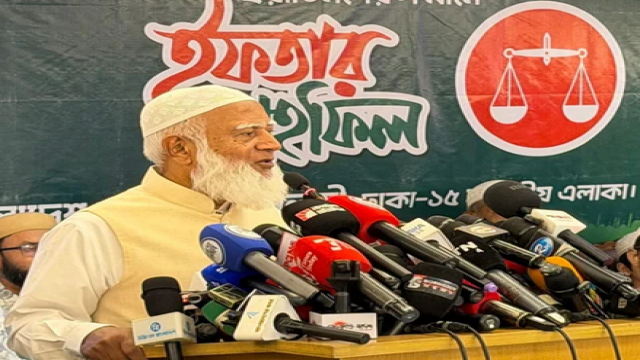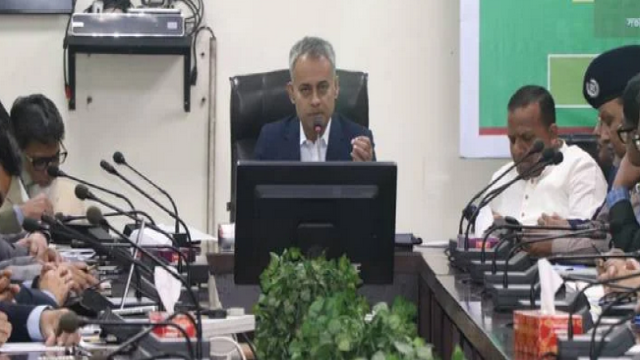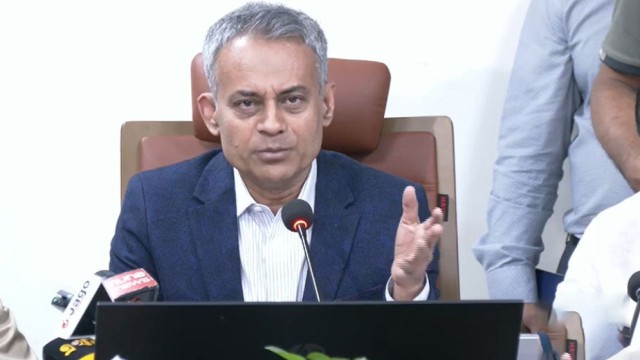As the Paris Olympics draw near, France intensifies efforts to combat the threat of virus-carrying tiger mosquitoes, which pose a significant risk to athletes and visitors alike.
With the Paris Olympics looming on the horizon and millions of spectators expected to flock to the French capital, authorities in France are scrambling to contain the spread of virus-carrying tiger mosquitoes, which have become an escalating concern across Europe.
The Asian tiger mosquito, known for transmitting diseases such as dengue, chikungunya, and Zika, has entrenched itself in much of northern Europe, including France, over the past two decades, facilitated by climate change and its adaptation to colder climates. Despite efforts to eradicate the insects, including fumigation campaigns in parts of Paris, the tiger mosquito's persistence poses a significant threat to public health, particularly with the impending influx of Olympic athletes and visitors.
Entomologist Didier Fontenille emphasized the critical importance of maintaining mosquito-free conditions in the Olympic Village and host cities, highlighting the debilitating impact that mosquito-borne illnesses could have on athletes' performance and participation.
To combat the mosquito menace, health authorities have pledged to enhance surveillance measures, recognizing the formidable challenge of eliminating the resilient insects. While stagnant water serves as a breeding ground for tiger mosquitoes, Fontenille underscored the need for collective citizen action to eradicate potential breeding sites, such as flower bowls and saucers.
In addition to community engagement, various strategies, including the use of repellents, mosquito nets, and organic insecticides, are being employed to deter mosquito activity. Innovative mosquito traps, equipped with simulated human odors to attract and exterminate mosquitoes, offer promising solutions, with plans underway to deploy such traps in key Olympic venues, including the Marseille Marina.
Furthermore, advancements in DNA modification and sterilization techniques are being explored by researchers to suppress mosquito populations and mitigate the spread of vector-borne diseases.
As France intensifies its efforts to confront the tiger mosquito threat, the race against time continues to safeguard the health and well-being of athletes, spectators, and residents ahead of the highly anticipated Paris Olympics.






























Comment: